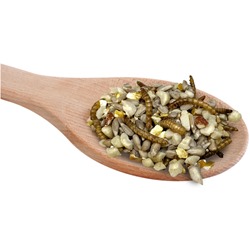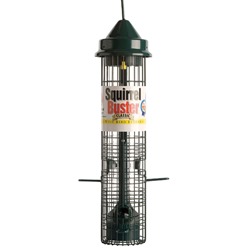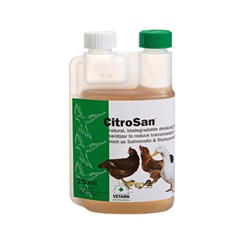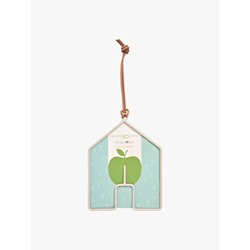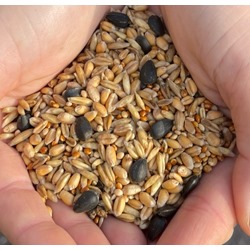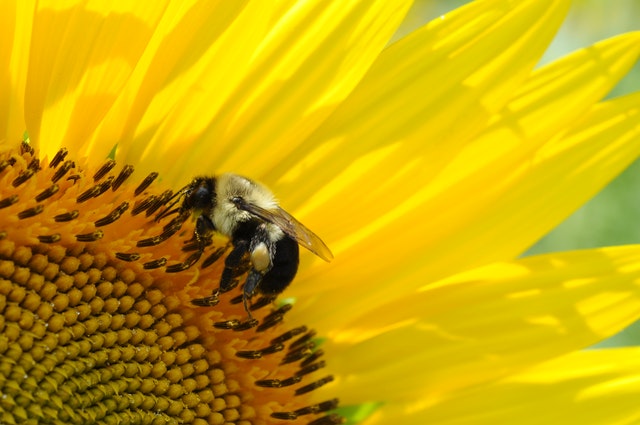
Bees are an important part of our ecosystem – in fact, they’re a part of almost every ecosystem across the world. They are responsible for the pollination of most fruit and veg, making them an essential part of our survival. This is why it is vital that we all do our part to help save the bees.
Here are some fun facts about bees to show how important they really are...
- Without bees, it would cost farmers £1.8 billion a year to pollinate our crops.
- A type of flower the bees take their nectar from determines the honey’s flavour.
- Bees are responsible for pollinating more than three-quarters of the UK’s wildflowers.
- Bees love blue/purple flowers like lavender and rosemary.
- Honey has many health benefits, both when eaten and applied to the skin.
Bees are fascinating creatures. These statistics highlight how important our fuzzy little friends are and how their pollination supports our ecosystem.
How to help the bees
Follow the below steps to help save the bees! With so many factors stacked against them, it can be distressing to think of the future of bees and our local ecosystems. Fortunately, there are a number of small things you can do to help support your local ecosystem and help save the bees.
1. Plant Bee-Friendly Flowers
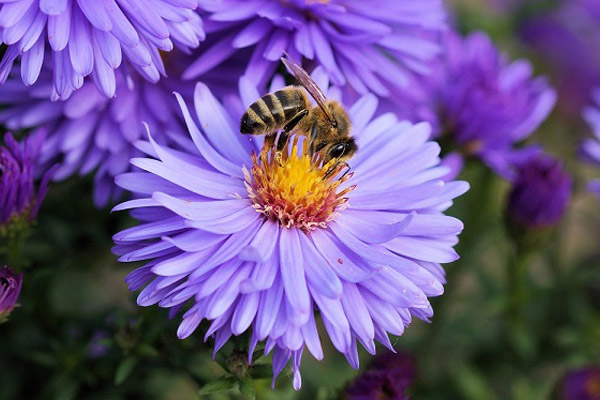
Planting flowers is an easy and effective way to save your local bees. Their favourite flowers include...
- Lavender
- Bluebell
- Honeysuckle
- Foxglove
- Lilac
- Common poppy
- Clovers
- Greater Knapweed
Flowers are an essential part of the pollination process, plus, they provide bees with delicious nectar to keep their energy levels up.
2. Build Homes for Bees
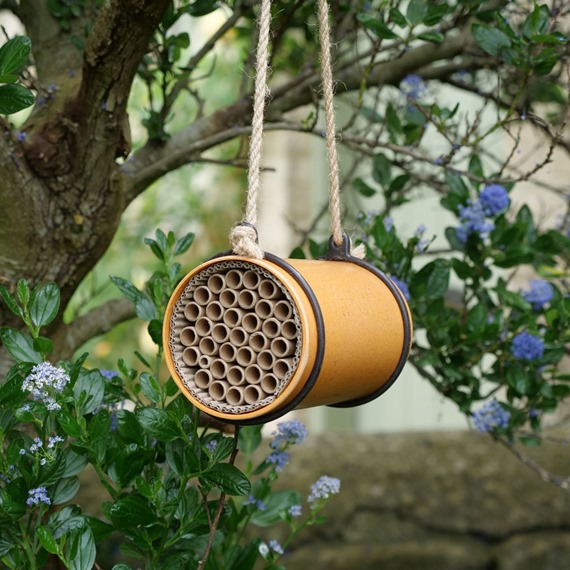
Whether you buy them ready-made or make them yourself at home, insect homes are a great way to support your local pollinators! Bee houses are typically made of hollow reeds or tubes, and are the perfect environment for hole-nesting bees. This is one of the easiest ways to help save the bees, as you don't even have to wait for anything to grow. You can hang up an insect home immediately.
Here at Really Wild Bird Food, we have a wide range of insect homes that make it easy for you to do your bit for the local ecosystem. Whether you’re interested in buying a finished bee home or are looking for bee home building materials such as nesting tubes or nesting hay, we’ve got what you need!
Browse Insect Homes
3. Support Local Beekeepers
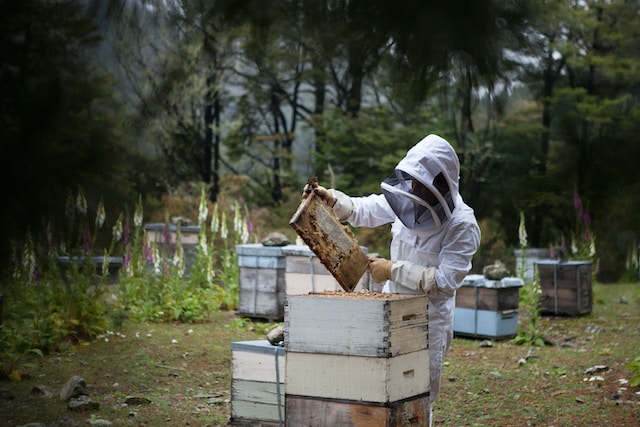
If you have a local beekeeper, support them in any way you can. Whether that involves switching from store-brought honey to local honey, or raising awareness on social media - every little helps! Sometimes, the best way to help the bees, is to help the people who are helping the bees.
4. Encourage Bees to Visit

By creating a bee-friendly environment, you can encourage bees to come and nest in your garden. We’ve already discussed the appeal of bee homes and planting attractive flowers, but if you’re still struggling to attract your local bees, you may benefit from using an attractor pack.
Attractor packs are carefully selected wildflower seeds, designed specifically to encourage the attention of bees and support their conservation. If you’d like to take a look at some of the attractor packs available from Really Wild Bird Food, check out the link below!
Attractor Packs
5. Treat Tired Bees
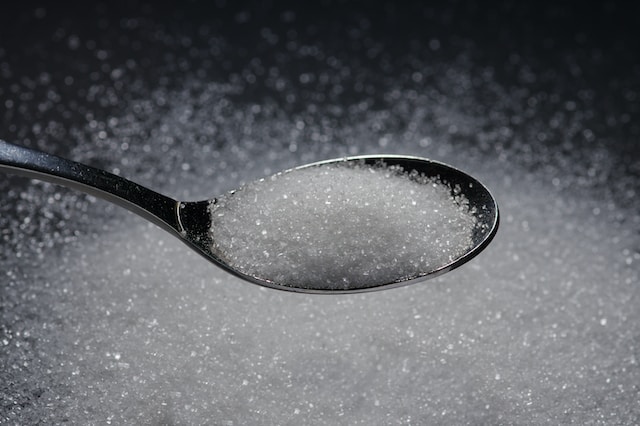
If you notice a bee in your home or garden is looking tired, you can leave out some sugary water for it to drink. Simply mix one part water with two parts white granulated sugar. Make sure you don’t use any other type of sugar. Some tasty sugar water can save bees who can’t find nectar to feed themselves.
Why Are Bees Dying?
There are a number of different factors contributing to the decline of bee populations in the UK.
One of the biggest causes of bee decline is the increased use of pesticides. A specific type of pesticide called neonicotinoids have had a pretty severe negative impact on wild bees. These types of pesticides are technically banned in the UK, but some exemptions are being made for big businesses and their large-scale farming.
Another large factor in bee decline is the loss of habitat. Since the 1940s we’ve lost 97% of our wildflower meadows, leaving bees with very little natural habitat. In recent years there have been efforts by government figures to try and restore these types of environments, but government statistics show that only 6% of protected habitats are in “favourable condition”.
We can’t talk about bee decline without talking about the obvious culprit – climate change. With climate change making our winters warmer and wetter, bees are becoming confused, resulting in some species being in the wrong place at the wrong time. Unusual weather activity also results in events such as ‘false spring’, where the flowers start to bloom early because they think spring has come, only to get caught in a cold snap and die. These events have knock-on effects for bees, leaving them with limited resources for nectar and pollen.
*
Bees are an essential contributor to local pollination and a huge supporter of natural biodiversity. If you have any further questions on how you can support your local bees, reach out and contact us today. We’ll be more than happy to answer any questions you have!
Contact Us
READ MORE: Plants That Attract Bees
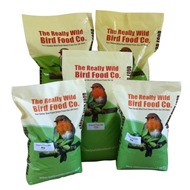
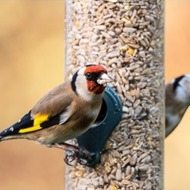 Back
Back Bird Feeders
Bird Feeders  Seed Feeders
Seed Feeders Peanut Feeders
Peanut Feeders Peanut Butter Feeders
Peanut Butter Feeders Suet & Fat Feeders
Suet & Fat Feeders Window Feeders
Window Feeders Hanging Feeders
Hanging Feeders Feeding Stations
Feeding Stations Ground Feeders
Ground Feeders Easy Clean Feeders
Easy Clean Feeders Bird Tables
Bird Tables Seed Trays
Seed Trays Bird Baths & Drinkers
Bird Baths & Drinkers Feeder Accessories
Feeder Accessories Feeder Hygiene
Feeder Hygiene Squirrel Proof Bird Feeders
Squirrel Proof Bird Feeders For the Kids
For the Kids Niger Seed Feeders
Niger Seed Feeders Mealworm Feeders
Mealworm Feeders Bird Food Storage
Bird Food Storage Fat Ball Feeders
Fat Ball Feeders Tube Feeders
Tube Feeders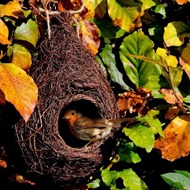

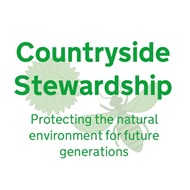

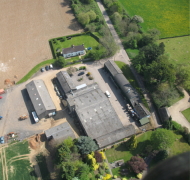 Our Farm
Our Farm Contact Us















